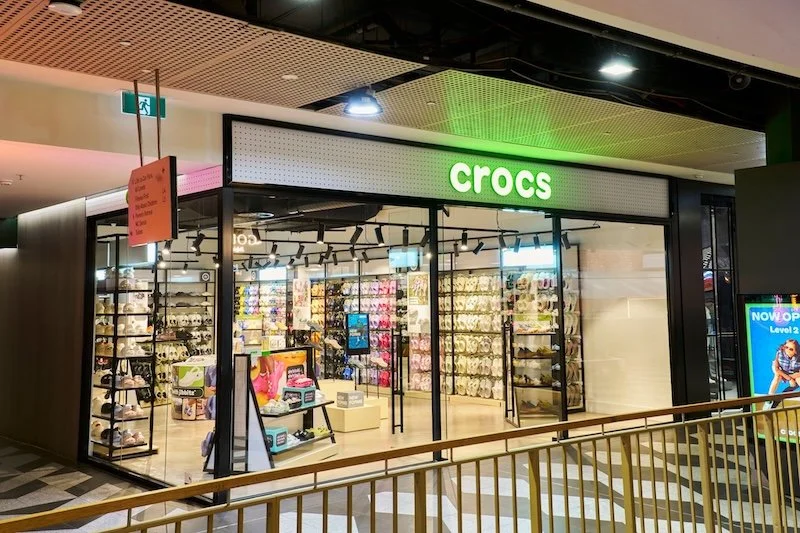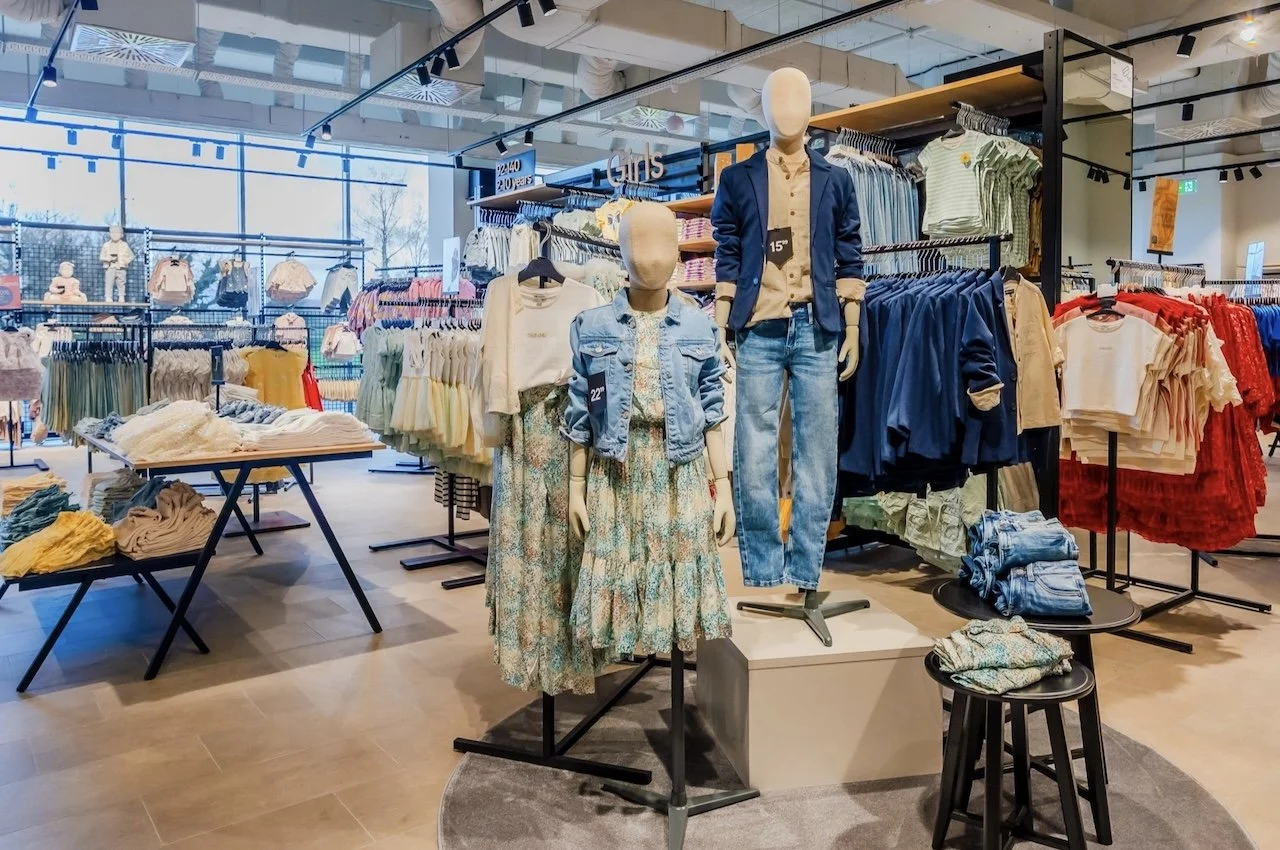Over half of Gen Z buy products recommended by generative AI, says Capgemini report
More than half of Gen Z consumers (55%) have bought products recommended by generative AI tools, according to Capgemini’s latest report entitled What Matters to Today’s Consumer, which questioned 11,681 adults last quarter in Europe, North America and Asia-Pacific.
The third edition of Capgemini’s annual survey also showed how continued inflationary pressures in 2024 are shaping global consumer expectations of retailers, their spending habits, and the channels they are exploring.
In regard to artificial intelligence (AI), the key insights in the report are that consumers are aware of it, believe it has enhanced their shopping experience, but are also wary of it.
Consumer awareness of generative AI has increased: According to the report, 72% of global consumers know about the use of generative AI in their shopping experiences, while one-fifth have consciously used it while shopping. Of those that have used the technology, almost exclusively Gen Z, over half of those consumers (55%) say that generative AI tools have notably enhanced their customer experience (CX).
Consumer concerns need addressing: Worries about potential misuse must be addressed for the technology to be leveraged to its full potential. Nearly two-thirds of consumers are concerned about generative AI producing false or misleading testimonials or reviews.
Generative AI can improve retailers’ operational efficiency: Nearly eight in ten of retail organisations, which were also polled as part of the study, say that the use of generative AI can help improve internal operations and enhance facility maintenance.
Retail organisations plan to use generative AI in their logistics functions like route optimisation, operations management and supply chain optimisation. This in turn can help retailers adapt quickly to evolving consumer preferences.
Value expectations during cost of living crisis
The consumer preference is towards value at the moment thanks to the ongoing – but easing – cost of living (COL) crisis, which has impacted consumers due to rising energy, interest rate, food and other such costs.
Consumer concern about COL has eased slightly over the past year, according to Capgemini, with just 43% now fearing their personal finances will worsen in the next few months – that compares to 80% who felt that way a year ago. People are still worried about rising costs but they are resigned to it and confidence is rebounding somewhat.
However, affordability expectations still remain, particularly in regard to essential items like food, toiletries and so on: Over two-thirds (70%) of survey responders want these essential items to be discounted by retailers even further. Other COL findings include:
Consumers expect alerts about shrinkflation and skimpflation: 65% of the global consumers surveyed in Capgemini’s report expect retailers to tell them when brands reduce a product’s weight or quality, but the price remains the same. This is commonly known as shrinkflation and skimpflation respectively. It has been a feature of the COL crisis.
Loyalty on offer for retailer discounts: Consumers say they will be loyal to those retailers that support them during COL. In return for helping to alleviate some of the financial pressures of today, nearly three-quarters of respondents (73%) said they would be more loyal to those companies that help them through this difficult time.
Almost the same proportion said that they’d purchase more products or services from these companies in the future as well.
“Though consumer concerns have eased this year, they remain prudent about spending and are either unwilling or unable to spend more,” said Lindsey Mazza, Global Retail Lead, Capgemini Group.
“It is therefore crucial for retailers to transform their operations in order to pass on cost benefits to consumers, who are increasingly selective in their choice of products and brands.”
“Retailers need to rethink operational strategies and adopt innovative solutions, such as AI, automation, Internet of Things (IoT) to enable smarter demand sensing, touchless forecasting, efficient fulfilment options and offer improved consumer interactivity,” continued Mazza.
“All of these options provide opportunities to reduce the cost of goods sold and unlock multichannel growth.”
Social media is an increasingly important channel, according to the Capgemini What Matters to Today’s Consumer 2024 report. It shows global consumers are seeking advice from influencers when purchasing on social media, which is playing an increasingly important role for product discovery and as a preferred platform for purchase among the young.
Over half of survey respondents said they seek advice from influencers, claiming they give a clearer breakdown of factors to consider before making a purchase. A similar proportion look to influencers for discounts and offers.
Sustainability was also shown to be increasingly important for today’s global consumers.
More than half of respondents don’t trust the sustainability claims made by companies and want to see more comprehensive information about a product’s environmental impact on biodiversity, air quality, water resources, social justice metrics and so.
A majority said they’d switch companies if such environmental, social and governance (ESG) and corporate social responsibility (CSR) information was available to them.
Consumers want sustainability education: 63% of survey respondents want brands to play an active role in their education around sustainable products.
To obtain more information, almost half support the inclusion of more detailed labels and scannable QR codes on product packaging in order to provide better carbon and water footprint data, plus product recyclability attributes.















Continue reading…